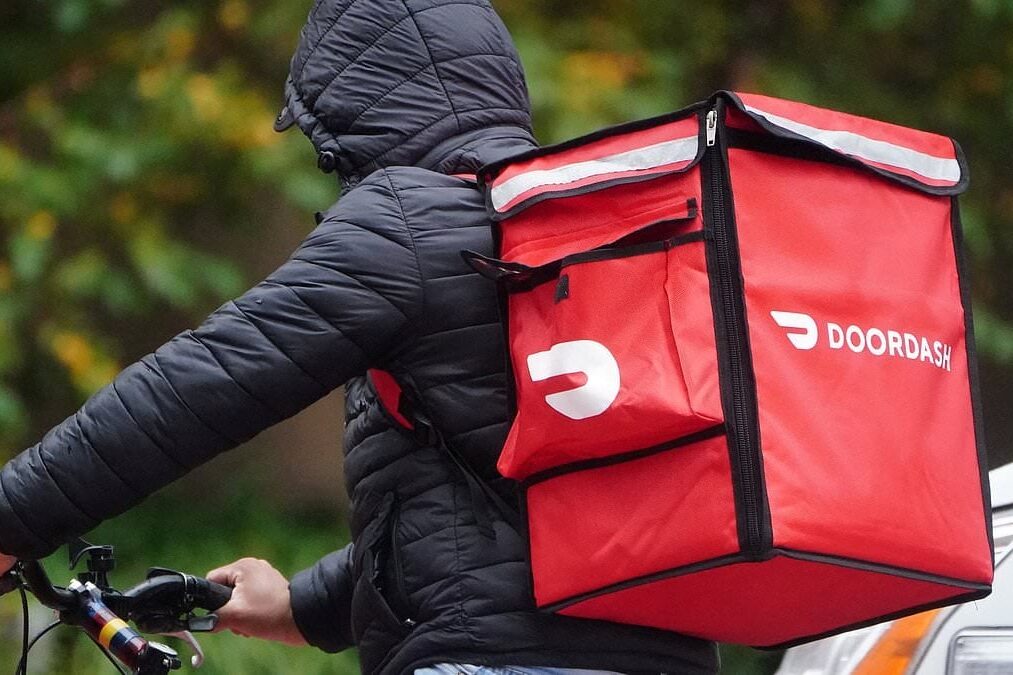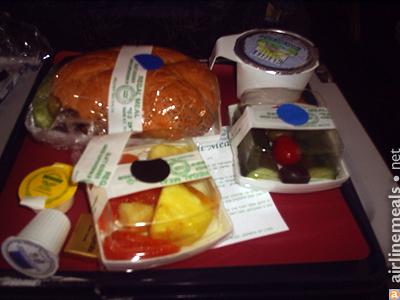
Earlier this week, the MK kosher certification in Montreal issued warnings for kosher consumers to be vigilant about the food that they order from third-party apps, like Uber eats, DoorDash, GrubHub, etc., as well as kosher certified airline meals and the kashrut implications of those services.
The guidelines and warnings below are valid for these sorts of services anywhere in world by the sheer nature of the business model and how food is passed between parties.
With food delivery services like Uber Eats, DoorDash, and others becoming widely popular, kosher consumers need to be vigilant in ensuring that the meals they order maintain kosher integrity from the restaurant to their doorstep. Here’s a few things to keep in mind on what to consider when ordering kosher food through these platforms.

Is It Kosher?
When ordering through food delivery services, it’s essential to ensure that the restaurant you’re ordering from is certified kosher. This certification confirms that all ingredients and preparation methods align with kosher standards. However, the delivery process adds an extra layer to this, as the food passes through third-party hands outside the restaurant’s control. Checking the restaurant’s kosher status on the delivery platform is often insufficient to determine kosher status.
These third party apps are not arbiters of kashrut. Restaurants can list themselves as kosher through these apps regardless of whether or not they have a kosher certification. Furthermore, they may not have a certification that is to your liking.
Kosher consumers are encouraged to verify the kosher status of restaurants from these apps using the Kosher Near Me app and/or websites of the local kosher certification agencies.
Is It Properly Sealed?
Once a kosher meal leaves the restaurant, the next concern is whether it’s properly and securely sealed. Kosher-certified restaurants often use tamper-evident packaging, tight sealing, and/or tape, which helps keep the meal kosher by preventing contamination or interference.
When your meal arrives, the seal should be intact, indicating that the food has been handled properly. If the packaging appears damaged, the tape is removed, or the seal is broken, it’s advisable to reject the order, as tampering may have compromised its kosher status. Report such instances back to the app for either a refund or reorder, and take pictures when you observe these occurrences.
Mistakes Can Happen
Even with strict protocols, errors can occur during the delivery process. Sometimes, a driver might inadvertently mishandle a package, or the seal could be compromised en route. Consumers should remain vigilant and inspect all packaging upon delivery. If there’s any doubt about the meal’s condition or if the seal seems suspicious, contacting the restaurant or delivery service for a replacement.
Airline Meals
The same principles apply to kosher meals on airlines, where food often changes hands multiple times before reaching the passenger.

Kosher airline meals should typically come with tamper-evident seals & tape to maintain their integrity. Before consuming, it’s always wise to inspect the seal on the meal. If the seal is broken or appears tampered with, request a new meal or, if possible, bring your own pre-packaged kosher food to avoid uncertainty.
Our Takeaways
With the convenience of food delivery and airline meals, kosher consumers can enjoy a wider range of dining options. By ensuring the restaurant is certified kosher, checking for intact tamper-evident packaging, wrapping, and/or tape, and staying mindful of potential handling errors, you can uphold kosher standards even when food comes through third-party delivery services.





